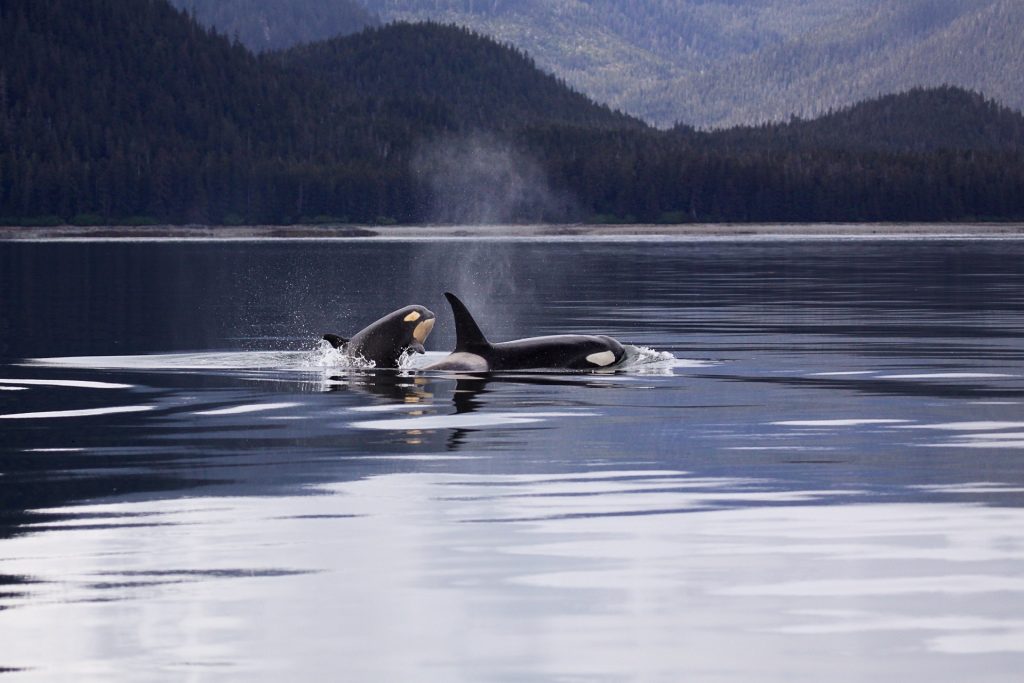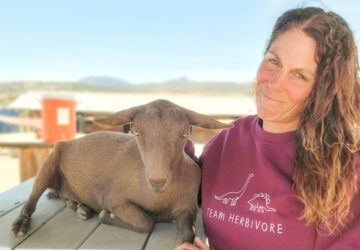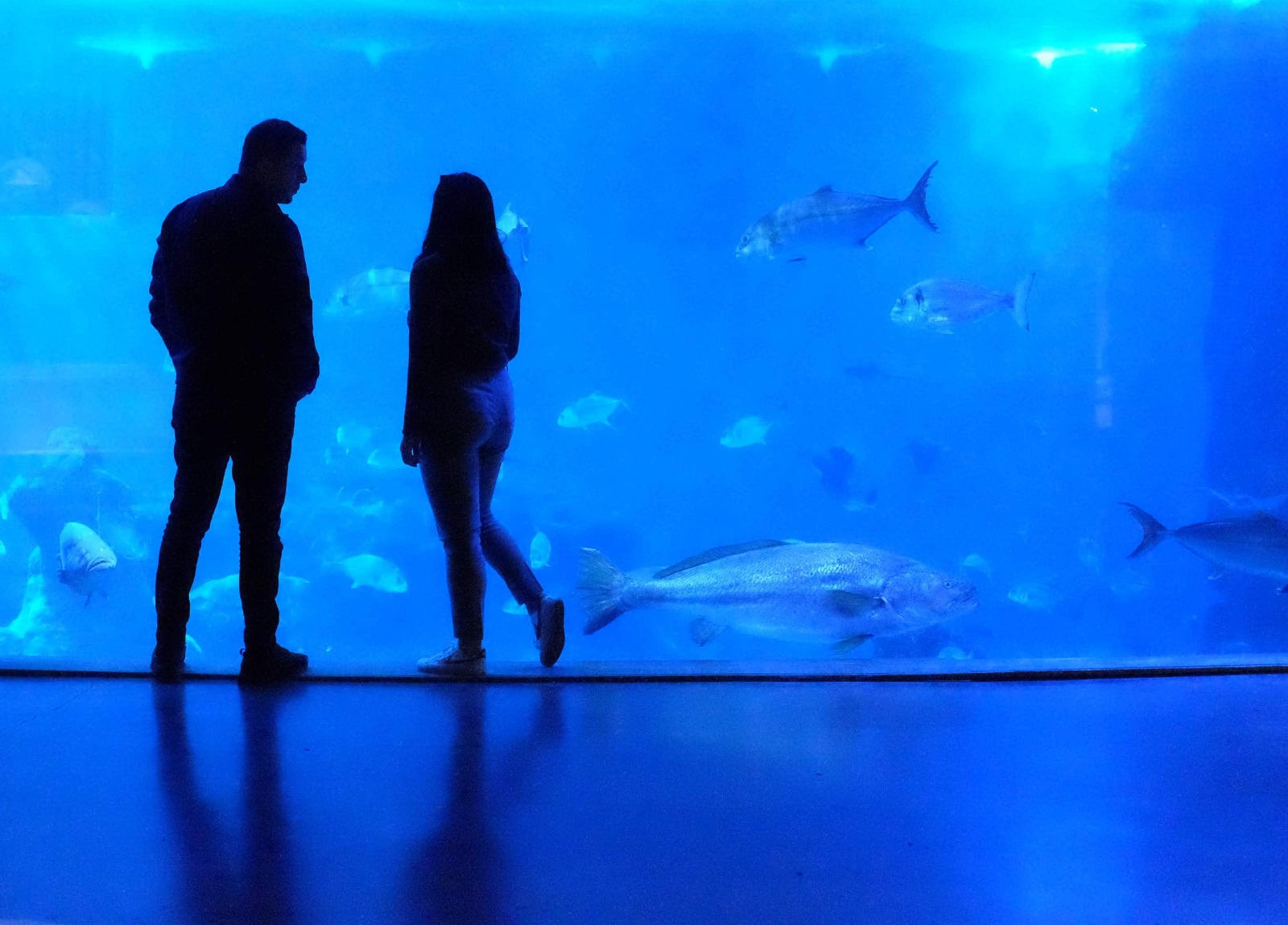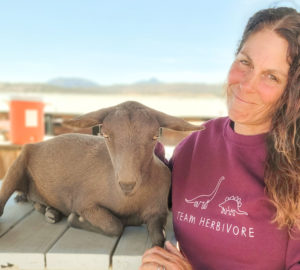There’s no way around it.
Using animals for entertainment is wrong. Period.
Here’s why:
While many zoos and aquariums participate in conservation activities and endangered species education, from the perspective of the general public, their primary offering is to entertain using animals. That is – exploit animals for financial gain!
From an educational standpoint, it can be argued that zoos actually teach children that animals should be exploited and reinforce the human/animal divide.
Regarding animal welfare, there’s no reliable way for the general public to determine how animals are treated in captivity. Even if animals are kept physically healthy, they are still denied a natural habitat, may have too little room, and are forced to live in unnaturally close proximity to other species (including humans).
These conditions can make animals experience the symptoms we associate with depression.
Bottom line: Keeping animals in captivity deprives them their right to live in freedom and the respect they deserve.
Are you part of the problem?
In addition to zoos and aquariums, if you want to avoid contributing to this cycle of animal abuse, here are the main places and events you should boycott:
- SeaWorld (and other aquatic parks)
Orcas and dolphins living in pools suffer greatly. Highly social creatures, they experience trauma from being separated from their families. They are also forced to perform tricks in their unnatural environment (the equivalent to swimming in a bathtub).
To learn more, check out this interview with a former SeaWorld orca trainer, turned whistle blower, John Hargrove.
- Circuses
Elephants, tigers, and other animals performing in circuses are doing so under inhumane treatment. Whips, collars, electric prods, and other weapons are commonly used to beat them into submission. Animals are also confined to small cages and boxcars in traveling circuses.
For more information on the cruelty of circuses, and how you can help stop them, check out the PAWS website.
- Horse-drawn carriages
Horses are forced to pull heavy loads, while breathing in car fumes, being exposed to the stressful hustle and bustle of cities, and subjected to extreme weather conditions. There’s nothing romantic about that!
- Elephant rides
Increasing in popularity due to touristic appeal in Asian countries, elephant rides are a serious issue. Often beaten into submission, chained, and kept in abysmal conditions, elephants don’t deserve to be ridden for a quick Instagram picture.
Check out this BBC article for a look at a recent study that proved just how cruel the elephant tourism industry is.
Still want to be close to your animal friends? Here’s where you should go instead!
Animal sanctuaries
Contrary to zoos, sanctuaries are places where animals are housed in their natural habitat with plenty of physical and mental enrichment.
They are rescued animals from circuses, roadside zoos, laboratories, and other exploitative industries like animal agriculture.
We donate a portion of our profits to animal rescue and environmental organizations, including:
- Rancho Relaxo: a non-profit animal rescue and sanctuary based in New Jersey. Their focus is on “bringing unwanted, slaughter-bound, abused, neglected, abandoned, discarded, and orphaned animals to safety and educating the public through their stories.”
- Sale Ranch Sanctuary: a non-profit sanctuary based in California that “offers rescue and refuge to babies discarded by our food industry, specifically dairy, and hospice to senior horses and those with medical needs.”
- Woodstock Sanctuary: a charitable organization in New York that “rescues farmed animals and gives them care and sanctuary, connects animals with people to advance veganism, and advocates for animal rights in alliance with other social justice movements.”
And now some good news

On October 23, 2018, the Canadian Senate passed Bill S-203, which bans the keeping of whales and dolphins in captivity. It’s expected to pass through the House of Commons in May 2019.
Want to learn more about ways you can improve animals’ lives? We’ve got all the info!
- The best animal charities to support right now
- Wanna help dogs in need? 4 ways you can make a difference!
- The 3 biggest challenges cats face and how to help now









